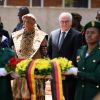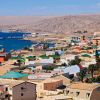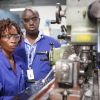Germany’s partnership with Côte d’Ivoire
The German government has entered into a new Climate and Development Partnership with this West African country. Among other things, it will focus on forest protection and solar power.
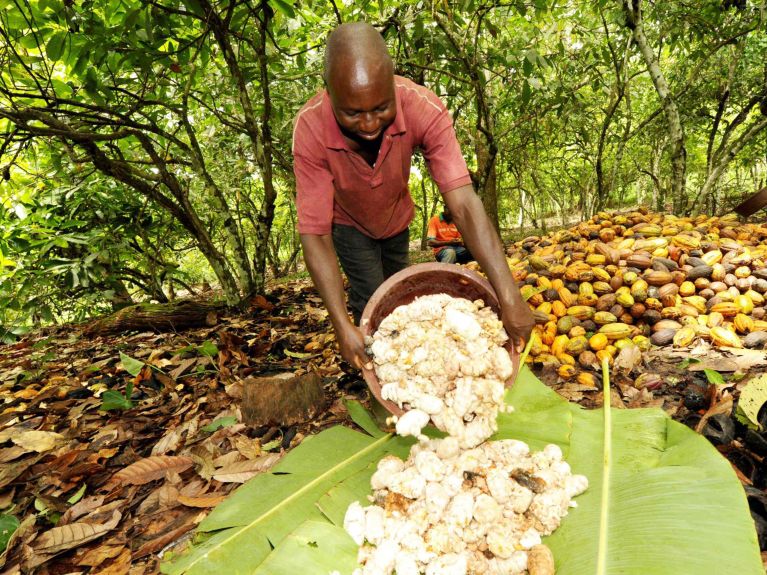
Cocoa, cashew nuts, palm oil and rubber - these products, which are in demand worldwide, come in many cases from Côte d’Ivoire. This West African country has one of the world’s fastest-growing economies. A key role is played by agriculture in particular. The flip side to this success, however, is that around 60 percent of the land area covered by forest in Côte d’Ivoire has been deforested over the past 40 years. The main driver of deforestation is the expansion of agricultural land. The West African country has set itself the goal of better protecting its forested regions.
One important step in this is to be played by a new Climate and Development Partnership that Côte d’Ivoire has entered into with Germany. A declaration of intent was signed by Germany’s Development Minister Svenja Schulze and the Ivorian Finance Minister Adama Coulibaly on the sidelines of the G20 Compact with Africa summit in Berlin in November 2023. The new alliance will focus on protecting forests, preserving biodiversity and investing in power grids and solar energy.
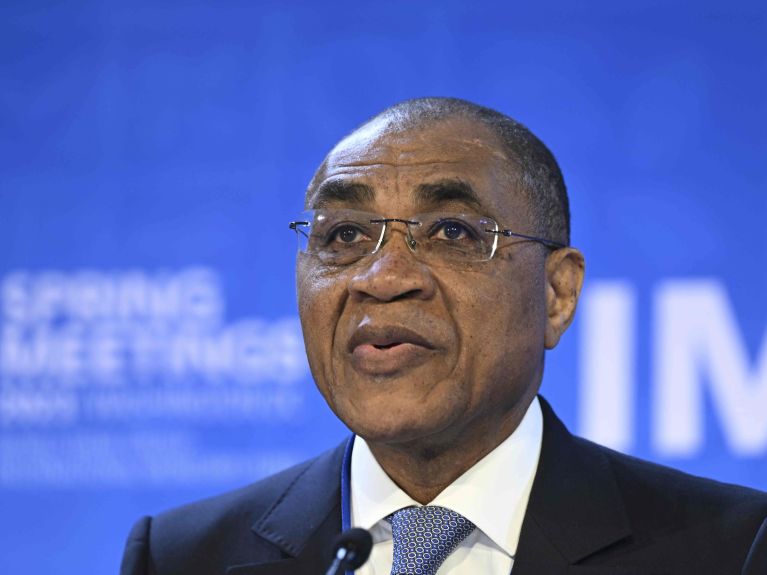
Climate action and renewable energies
The Climate and Development Partnership is to ensure that existing forests are better protected. In addition, the Ivorian government will be supported in its ambitious plans to restore up to three million hectares of forest by 2030 and to increase the share of land covered by forest to 20 percent by 2045 (currently nine percent).
“Côte d’Ivoire has set itself ambitious targets for climate action and is right to expect international support. This concerns the protection of forests, reforestation and the expansion of solar energy. After all, Côte d’Ivoire has great potential when it comes to renewable energies, and this should be exploited to a much greater extent. This new partnership also sends a signal to the UN Climate Change Conference that begins in Dubai at the end of November 2023: Together, Europe and Africa can achieve more in terms of climate action than separately,” said Development Minister Svenja Schulze.
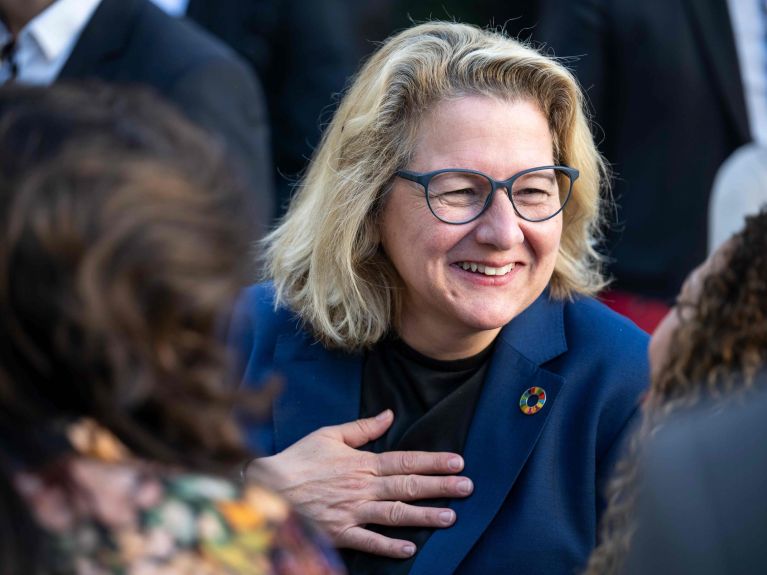
Investing in forest protection
Germany is supporting Côte d’Ivoire with sustainable agroforestry and forest management. Reforestation plays a central role in this context. Under the new Climate and Development Partnership, there are plans to create more incentives in future to encourage private agricultural smallholdings to invest in protecting forests. Furthermore, conservation areas are to be expanded and existing national parks supported with managing their lands. The climate impact of this is enormous: 130 million tonnes of carbon are absorbed by just two national parks funded by Germany - Tai in the southwest of the country and Comoé in the northeast.
The Ivorian government is also planning to reduce the country’s carbon emissions from energy production by 11.4 million tonnes by 2030. To achieve this, the share of the electricity mix accounted for by renewable energies is to be increased to 45 percent by 2030. Energy efficiency is also to be improved and transmission losses reduced by investing in power grids. This will likewise be done with support from Germany in future.
Solar power plants in Côte d’Ivoire
The country’s first solar power plant to be financed by Germany and the EU went online in June 2023. There are already plans to expand the plant. Within the framework of the new Climate and Development Partnership, another solar power plant is to be built along with a new transmission line to transport the electricity from the north of Côte d’Ivoire, where the most solar power is produced, to the urban centres in the country’s south. The partnership is accompanied by a continual dialogue to review political reforms and joint projects.
